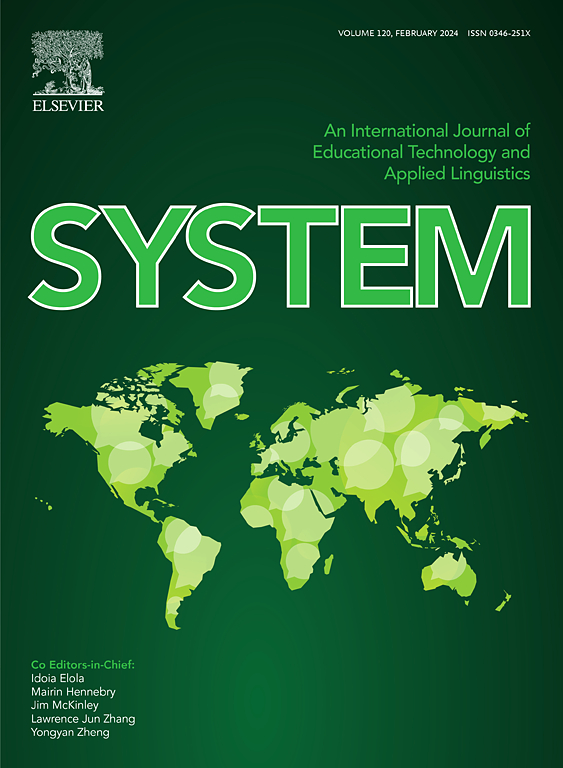Melatonin improves endometrial receptivity and embryo implantation via MT2/PI3K/LIF signaling pathway in sows
IF 7
1区 农林科学
Q1 Agricultural and Biological Sciences
引用次数: 0
Abstract
Increased backfat thickness of sows in early gestation is negative to reproductive performance. Endometrial receptivity is an important determinant of reproductive success, but it is unclear whether the effect of sow backfat thickness on litter size is associated with endometrial receptivity and whether melatonin treatment may have benefits. The present study seeks to answer these questions through in vitro and in vivo investigations. Excessive lipid deposition and lower melatonin levels in the uterus are detrimental to endometrial receptivity and embryo implantation in high backfat thickness sows. In cells treated with melatonin, the MT2/PI3K/LIF axis played a role in reducing lipid accumulation in porcine endometrial epithelium cells and improved endometrial receptivity. Furthermore, we found a reduction of lipids in the uterus after eight weeks of intraperitoneal administration of melatonin to HFD mice. Notably, melatonin treatment caused a significant reduction in the deposition of endometrial collagen, an increase in the number of glands, and repair of the pinopode structure, ultimately improving endometrial receptivity, promoting embryo implantation, and increasing the number of litter size of mice. Collectively, the finding reveals the harmful effects of high backfat thickness sows on embryo implantation and highlight the role of melatonin and the MT2/PI3K/LIF axis in improving endometrial receptivity by enhancing metabolism and reducing the levels of uterine lipids in obese animals.褪黑素通过 MT2/PI3K/LIF 信号通路改善母猪子宫内膜受孕率和胚胎着床率
妊娠早期母猪背膘厚度增加对繁殖性能不利。子宫内膜容受性是繁殖成功的重要决定因素,但目前尚不清楚母猪背膘厚度对产仔数的影响是否与子宫内膜容受性有关,褪黑素治疗是否有益处。本研究试图通过体外和体内研究来回答这些问题。高背膘厚母猪子宫内过多的脂质沉积和较低的褪黑激素水平不利于子宫内膜容受性和胚胎着床。在褪黑素处理的细胞中,MT2/PI3K/LIF轴在减少猪子宫内膜上皮细胞的脂质积累和改善子宫内膜接受性中发挥作用。此外,我们发现在HFD小鼠腹腔注射褪黑激素8周后,子宫内的脂质有所减少。值得注意的是,褪黑素处理显著减少了子宫内膜胶原沉积,增加了腺体数量,修复了垂体结构,最终改善了子宫内膜容受性,促进了胚胎着床,增加了小鼠的产仔数。总之,这一发现揭示了高背膘厚度母猪对胚胎着床的有害影响,并强调了褪黑激素和MT2/PI3K/LIF轴通过促进肥胖动物的代谢和降低子宫脂质水平来改善子宫内膜接受性的作用。
本文章由计算机程序翻译,如有差异,请以英文原文为准。
求助全文
约1分钟内获得全文
求助全文
来源期刊

Journal of Animal Science and Biotechnology
AGRICULTURE, DAIRY & ANIMAL SCIENCE-
CiteScore
9.90
自引率
2.90%
发文量
822
审稿时长
17 weeks
期刊介绍:
Journal of Animal Science and Biotechnology is an open access, peer-reviewed journal that encompasses all aspects of animal science and biotechnology. That includes domestic animal production, animal genetics and breeding, animal reproduction and physiology, animal nutrition and biochemistry, feed processing technology and bioevaluation, animal biotechnology, and meat science.
文献相关原料
公司名称
产品信息
索莱宝
dimethyl sulfoxide (DMSO)
索莱宝
4% paraformaldehyde solution
索莱宝
4',6-Diamidino-2-phenylindole dihydrochloride
 求助内容:
求助内容: 应助结果提醒方式:
应助结果提醒方式:


